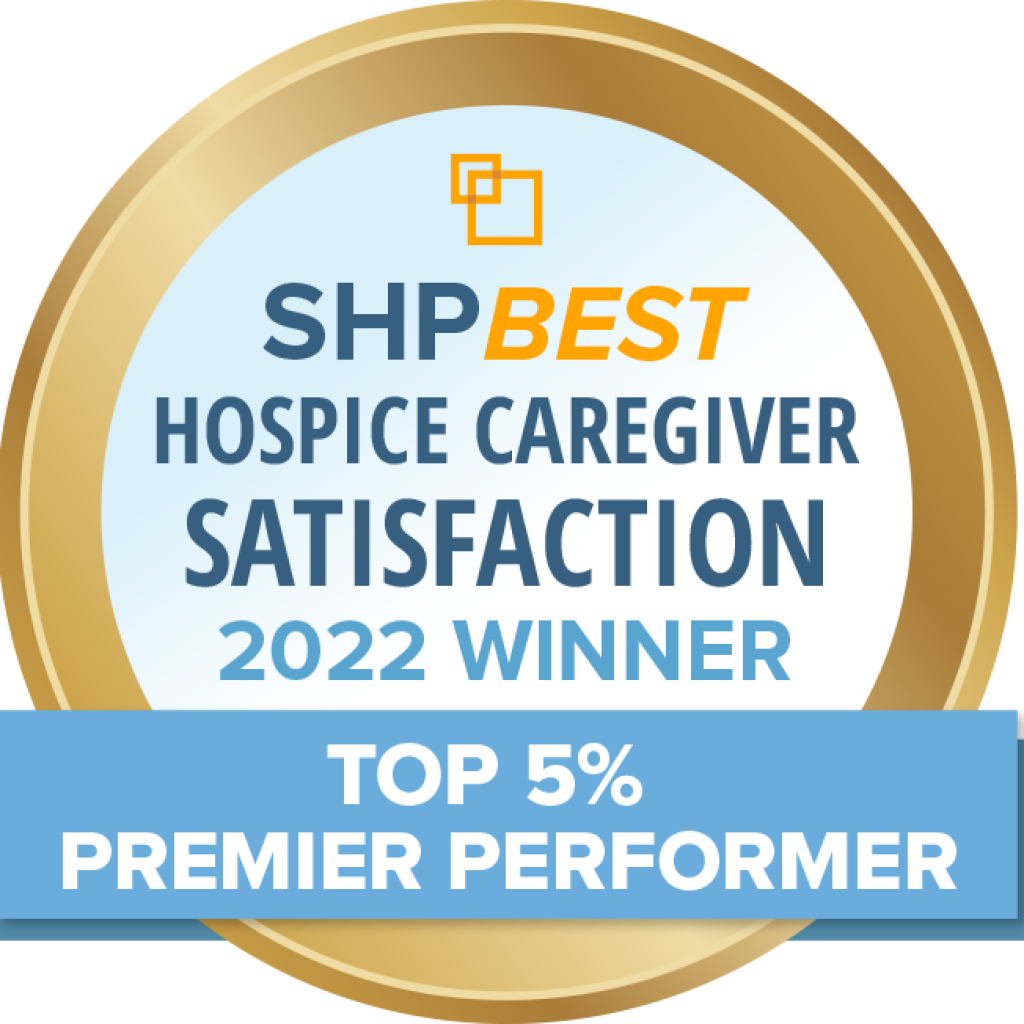Every stroke victim’s experience is different. The type of stroke and severity of damage to the brain are determining factors in how one’s life is affected. Since a stroke changes the body’s ability to function physically, cognitively and emotionally, there are many challenges to getting the body back on track. After experiencing a stroke, most people need help and assistance getting their lives under control.
Many problems that occur after a stroke are temporary, but they take time and patience in healing. People may find they need rehabilitation therapy to overcome some of the effects of a stroke. Since a stroke impacts physical, cognitive and emotional abilities, it’s important to have an understanding the side effects so that you can begin the road to recovery. Listed below are some of the commonly experienced side effects of a stroke. More specific conditions affect some people, but not others. These include shoulder/arm syndrome, learned non-use and spasticity.
Physical changes of a stroke include:
- Vision loss or perception problems
- Sleep disturbances
- Pain and fatigue
- Problems with balance and coordination
- Incontinence
- Seizures
- Paralysis
- Depression and anxiety
- Short term and long term memory loss
- Loss of thinking abilities
- Challenges with communication



